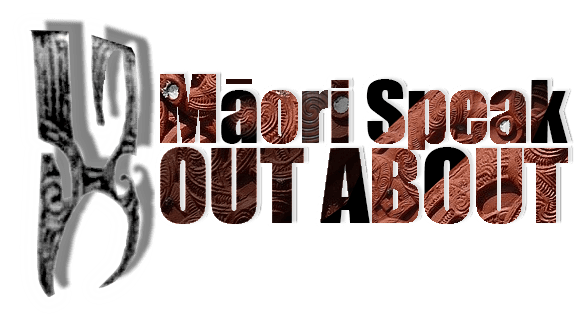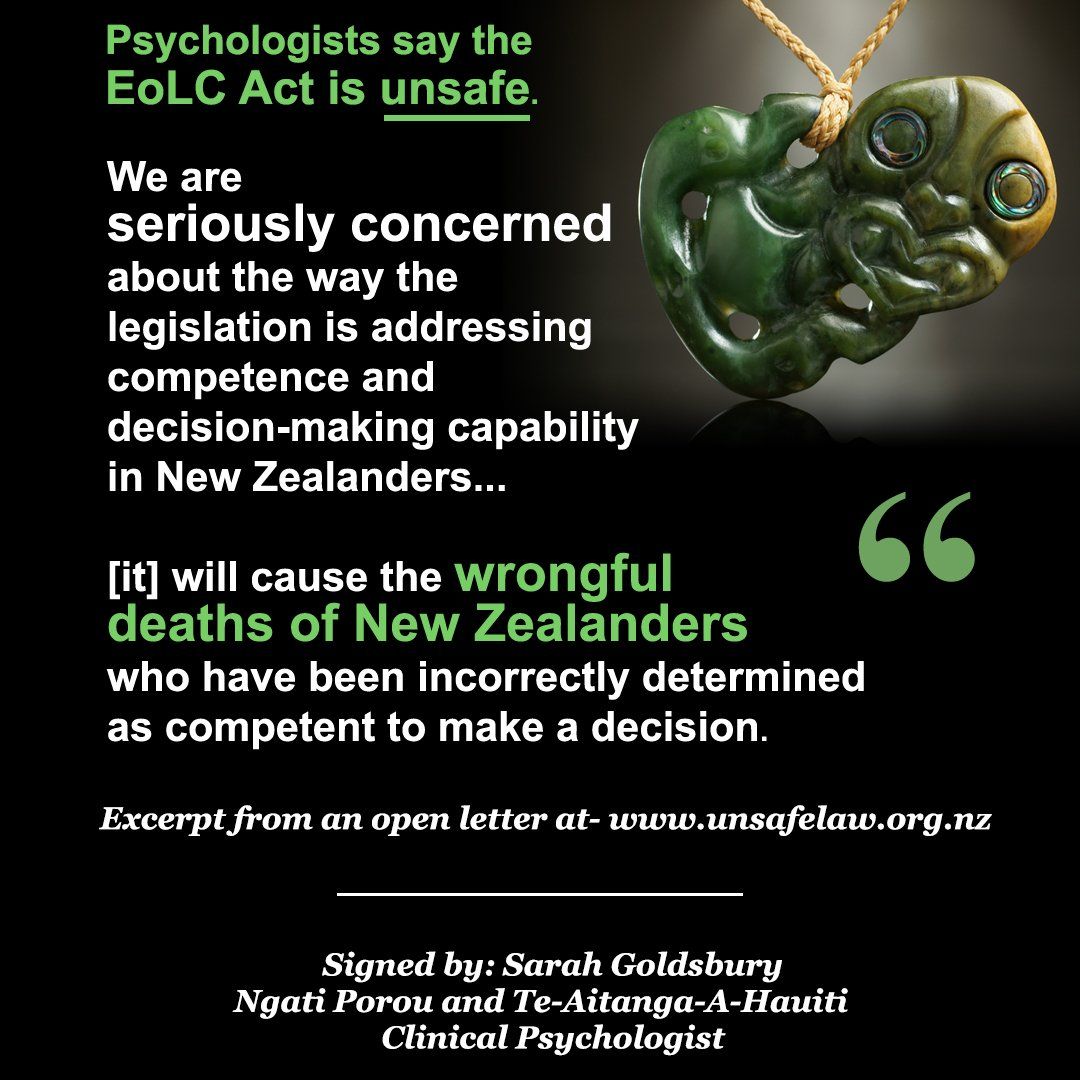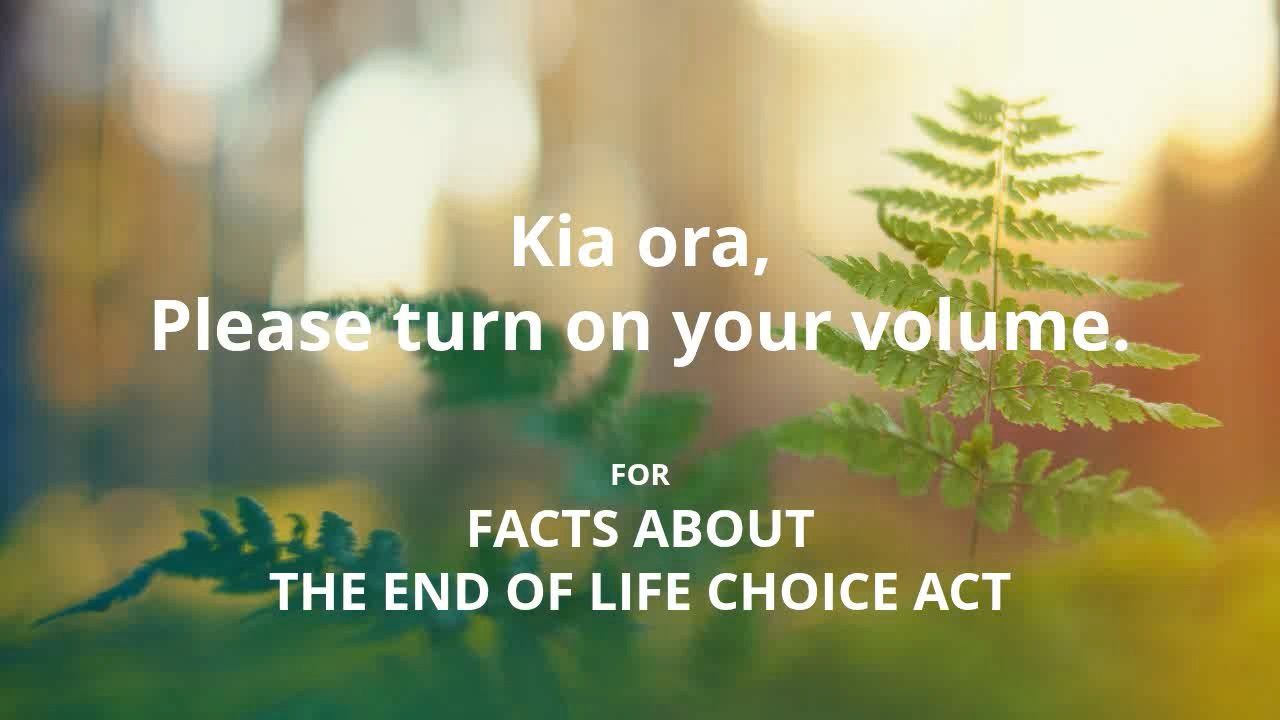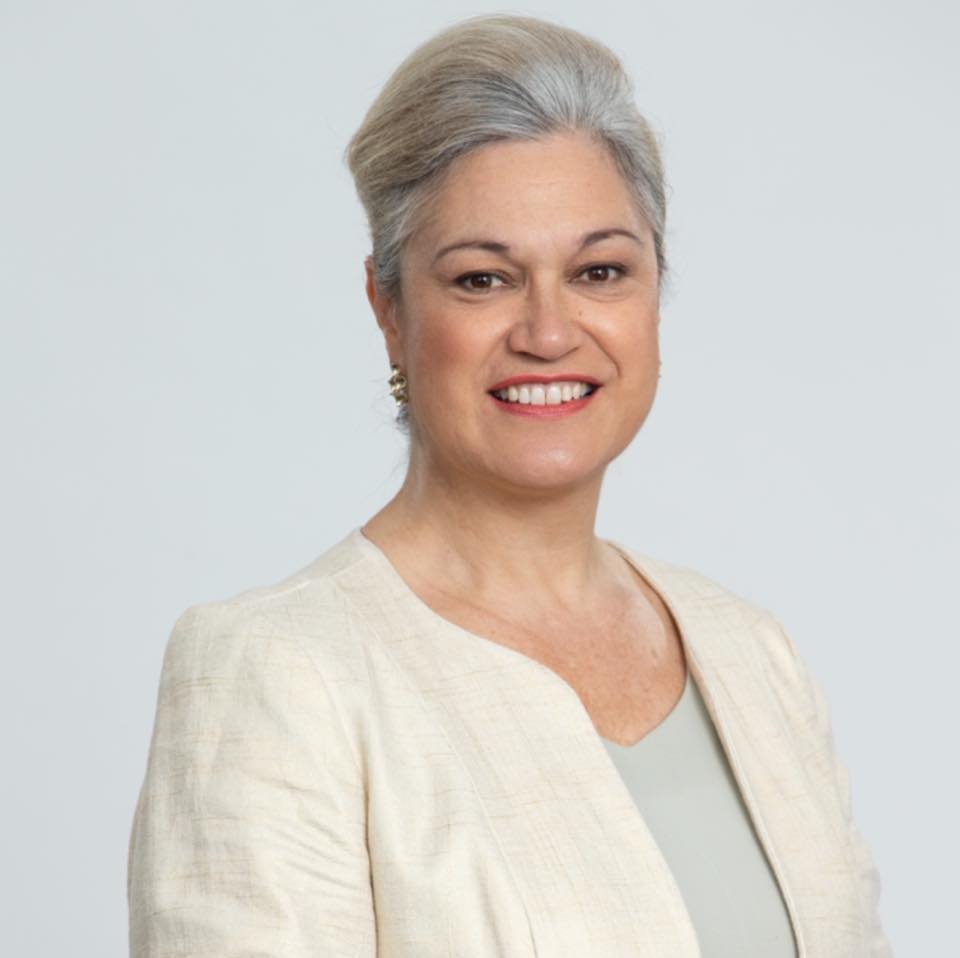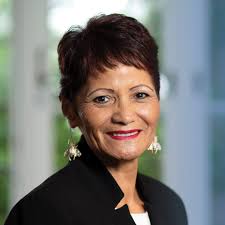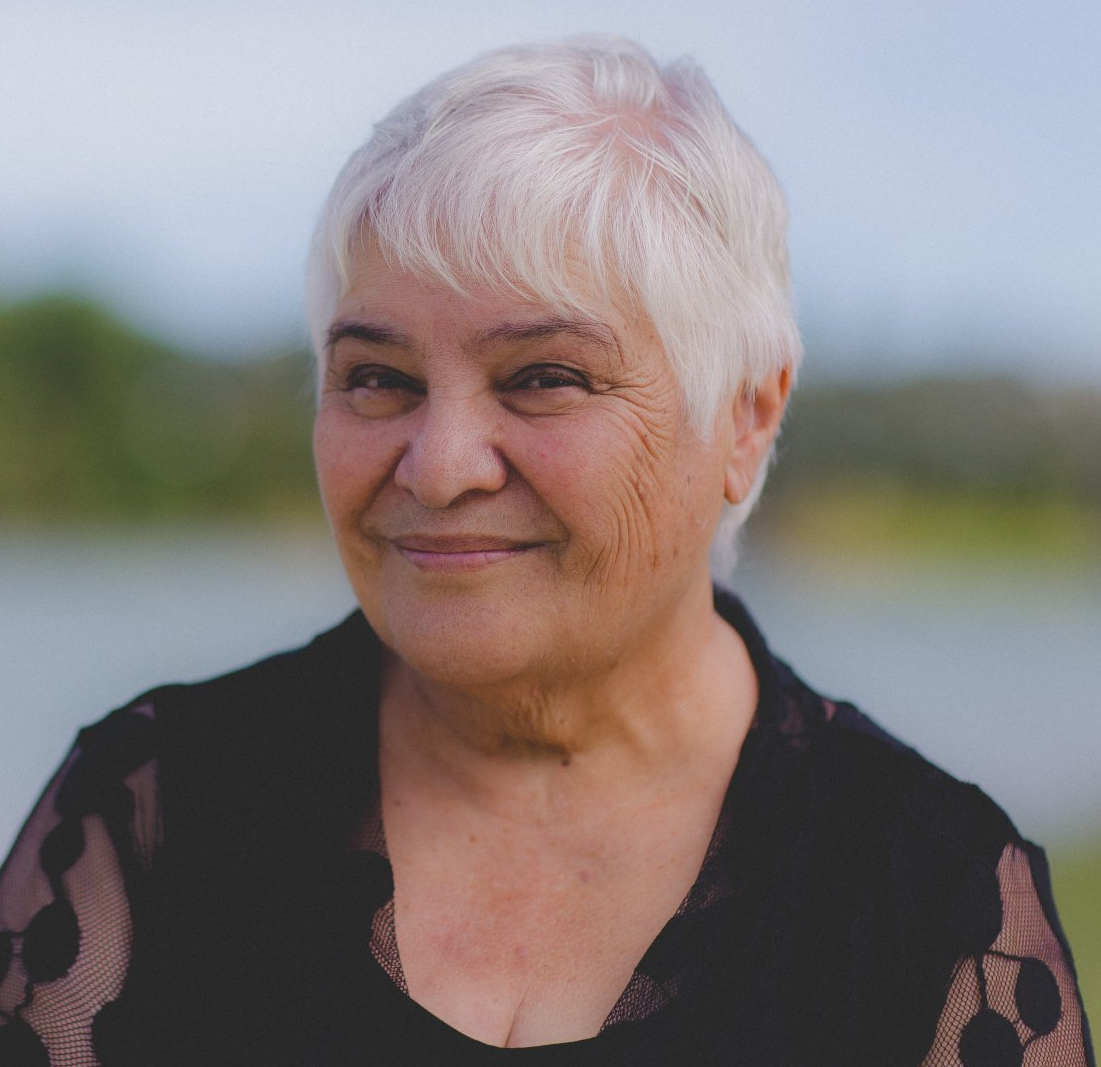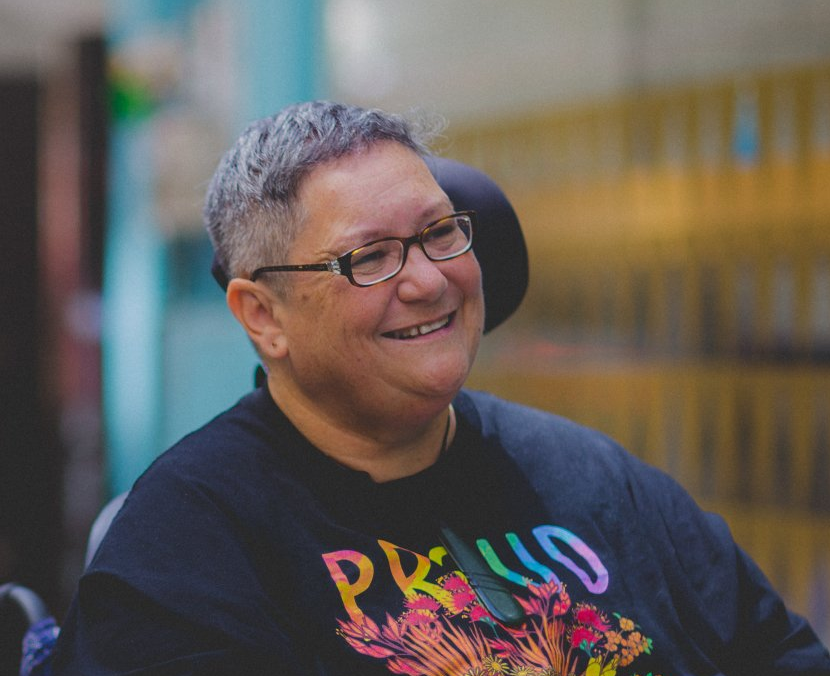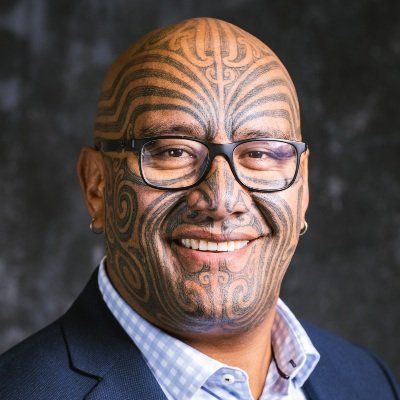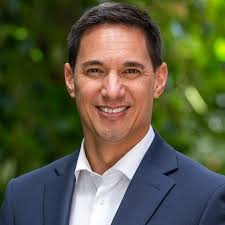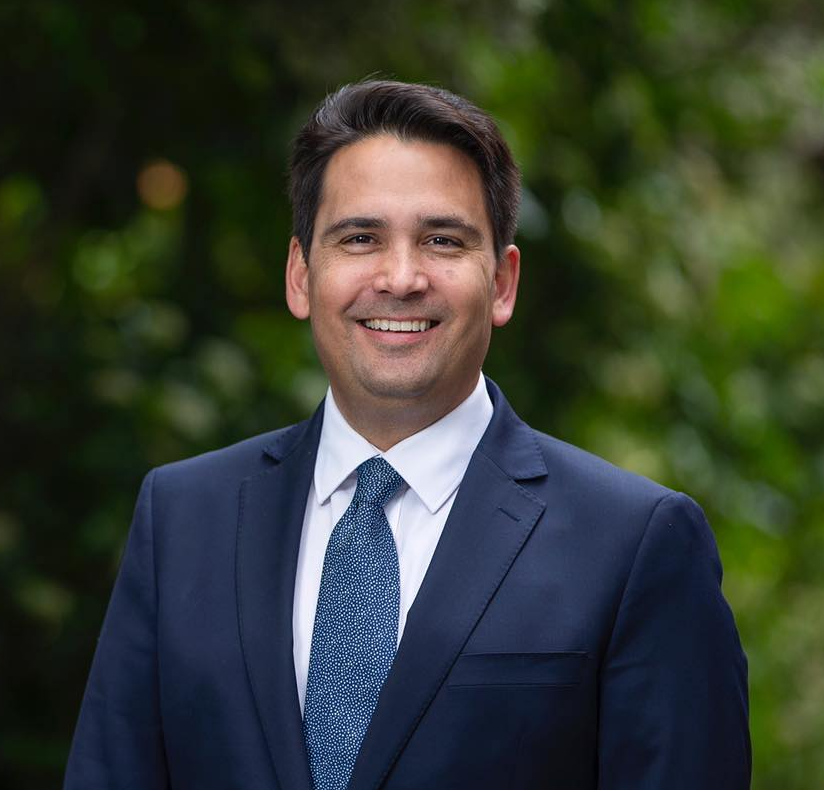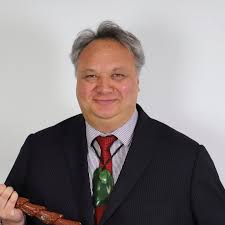Join the kōrero
The meaning of the moko (that was gifted for this website) in the logo above is about disseminating what elders know to others.
"He tohatoha mātauranga no ngā tūpuna tuku iho ki ngā tangata katoa."
INFO ABOUT THE ACT
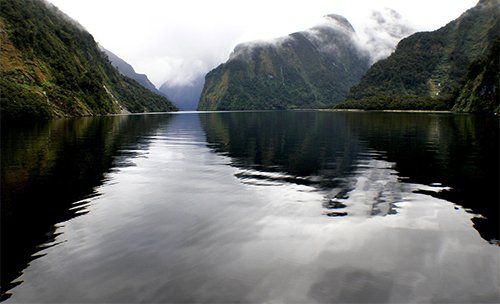
“The Act has serious shortcomings.”
New Zealand Medical Association
Read the fact sheet (pdf)
NZMA is New Zealand’s largest medical organisation, with over 5,000 members from all areas of medicine.
Their fact sheet answers five important questions:
- Who would be eligible to end their life under the EOLC Act
- What are some of the problems with the eligibility criteria
- Are there safeguards for vulnerable people in the Act?
- If the Act comes into force, will misuse be detected?
- What has happened in Canada after it enacted laws to enable euthanasia?
“We do not support the End of Life Choice Act 2019 coming into force. This reflects our opposition to euthanasia and doctor-assisted suicide on the grounds they are unethical, but also our belief that the Act has serious shortcomings that put vulnerable people at risk of wrongful death.
“In addition, experience from Canada shows that what starts out as narrow eligibility criteria for accessing euthanasia and doctor-assisted suicide can widen over time."
“…our position represents the views of a strong majority of our membership.”
“The NZMA encourages the concept of death with dignity and comfort, and strongly supports the right of patients to decline treatment, or to request pain relief, and supports the right of access to appropriate palliative care.”
“We believe that the End of Life Choice Act would contribute to normalising suicide and send the message that suicide could be seen as an appropriate response to coping with suffering. This is a major concern given New Zealand’s high rates of suicide and the efforts underway to prevent suicide.”
“If doctors become life takers as well as life savers, then the characteristics we produce in doctors will fundamentally change. They will not necessarily presume in favour of life and a patient may not be able to trust in this presumption.”
Te Whare Tapa Whā Model of Health vs End of Life Choice Act 2019
"As nurses we practise from this model of care in NZ."
By Kelly Cochran
She has worked as an RN in palliative care for acute medicine & also for Oranga Wairua Iwi health.
Download the pdf
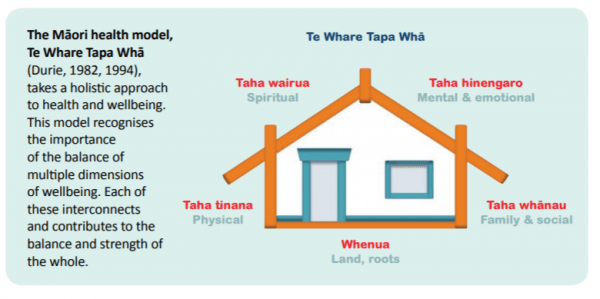
No witnesses are required by the NZ End of Life Choice Act (EoLC). The process can happen in secret.
"An extremely dangerous law"
About 200 lawyers have signed an open letter against the EOLC Act.
"We are lawyers and legal academics from across New Zealand...We make this public statement to express our opposition to the End of Life Choice Act 2019 (“the Act”) and to warn New Zealanders against the dangers of voting for the Act to come into force at the 2020 referendum."
"We concur with the assessment by Paula Tesoriero, the New Zealand Disability Rights Commissioner, that the safeguards in the Act are “woefully inadequate in order to protect the lives of all New Zealanders” and that consequently there may be wrongful deaths if it comes into force. We are
particularly concerned
at its
potential impact on Māori,
who are over-represented in our suicide rates each year, in terminal, mental and chronic health illnesses, and in disabilities. We note that according to the Waitangi Tribunal, “many of these illnesses and problems are practically at epidemic levels”.
"For vulnerable terminally ill people who lack access to support to live (particularly those who are also disabled and/or Māori)
the choice to die would not be a truly voluntary one. By redefining a “health service” to include the administration of a lethal dose,4 the Act also creates a financial disincentive for our Ministry of Health and our health services to provide adequate and timely care to people who would otherwise find themselves eligible to receive a lethal dose."
"We hold many other concerns over the Act, including its lack of any effective or meaningful oversight of the proposed euthanasia process; the almost complete lack of transparency in that process; its poorly drafted criminal immunities; and the false or questionable assertions of fact in its original Explanatory Note.
"Our politicians have handed the New Zealand public
an extremely dangerous law which is not fit for purpose. When it comes to safeguarding the wellbeing and safety of vulnerable New Zealanders, we consider the risks associated with the End of Life Choice Act to be unacceptably high."
Read the full letter and '35 Fatal Flaws' at
https://lvnz.org.
The EoLC Act (what you'll vote on this election) is about euthanasia and assisted suicide.
Some choices are already legal & are NOT part of the End of Life Act.
It’s already legal to:
○ turn off life support.
○ refuse treatment.
○ receive as much pain relief as we need, even if this ends up hastening our deaths.
Alfred is against Euthanasia.
He spoke to Parliament about the confusion the name 'End of Life Choice Act' causes.
Alfred Ngaro MP
is from Cook Island Māori
descent and often shows his care for the welfare of Māori.
"The sponsor should name it so that people can be clear. Change the title to exactly what it is. In other jurisdictions, they call it for what it is: assisted suicide.
"Why is it they won't use it? Because they know that in the terms of the public, they would not accept that."
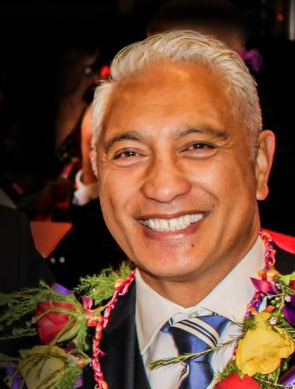
Did you know?
It's already legal to stop medical treatment. We're voting on lethal overdoses.
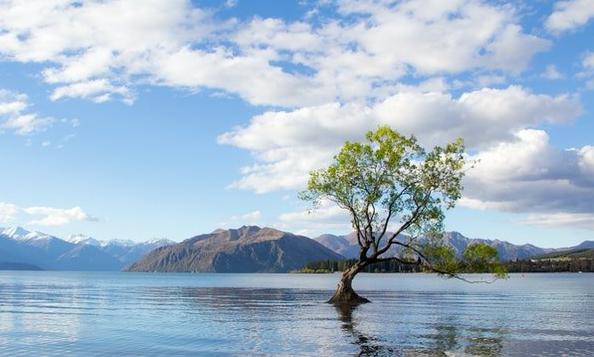
MPs chose not to include the Treaty of Waitangi in the Act
MP Harete Hipango tried to fix that.
Ms Hipango put forward an amendment that would have required any organisation involved in assisted suicide and euthanasia to recognise and act on..
the principles of te Tiriti o Waitangi..
Her amendment would have ensured that:.
- the wellbeing of a person requesting to die must be at the centre of decision-making that affects that person;
- the person's whakapapa and other's whanaungatanga responsibilities towards them be recognised;
- decisions are appropriate to tikanga Māori or the ethnic customs and values of. the person;
- the person be considered holistically, including their whakapapa, cultural identity, gender identity, disability (if any) and age;
- the persons' place within their family, whānau, hapū, iwi, and family group should be considered;
- outcomes for Māori are measured and reported on each year.
This is a summary. It's worth reading the entire amendment.
This amendment was voted down without debate. MPs chose NOT to make these points part of the End of Life Act.
Read the amendment at tiny.cc/Waitangi.
The vote for the End of Life Choice Act is a binding referendum, that means it will become law if NZ votes yes.
Did You Know?
No witnesses are required.
The End of Life Choice Act does not require someone extra to be watching to make sure that the person is not being pressured.
This is just one of many reasons the Act is flawed.
Canada, Western Australia, Victoria and states in the US require two witnesses when the person signs their request.
Victoria and Western Australia require a witness when the person is given the lethal dose.
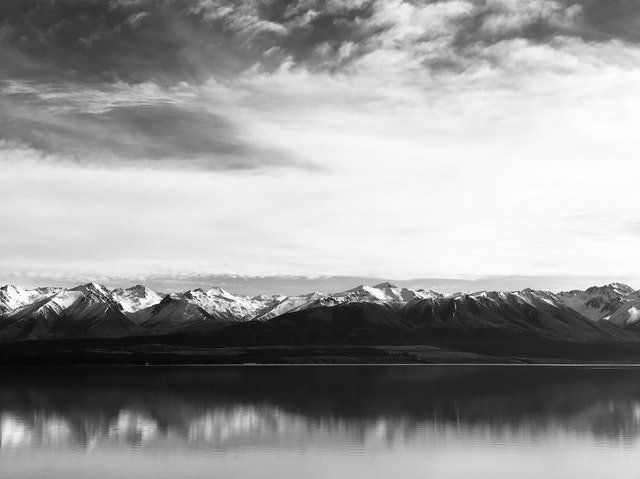

Did you know?
Māori, whānau and the Treaty of Waitangi are not mentioned in the End of Life Choice Act.
Did you know?
An eligible person could be dead within 4 days.
The Ministries of Health and Justice told Parliament that the time from a person requesting assisted suicide to receiving the dose could be as little as four days.
The Act doesn't require any thinking time between getting a terminal diagnosis and getting the prescription.
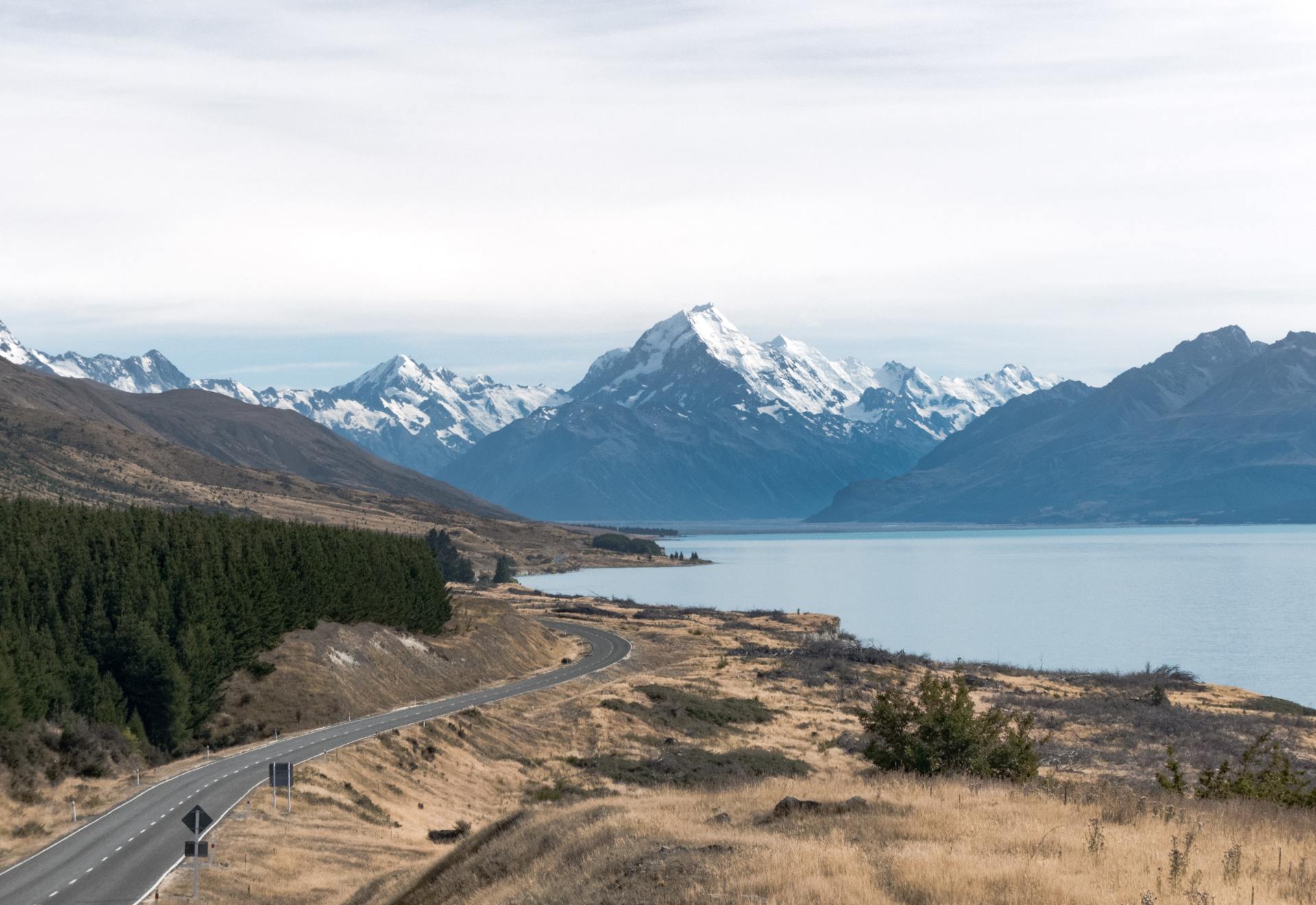
The EoLC Act wording is final. If more than 50% vote for it this October, it will become law, flaws & all.
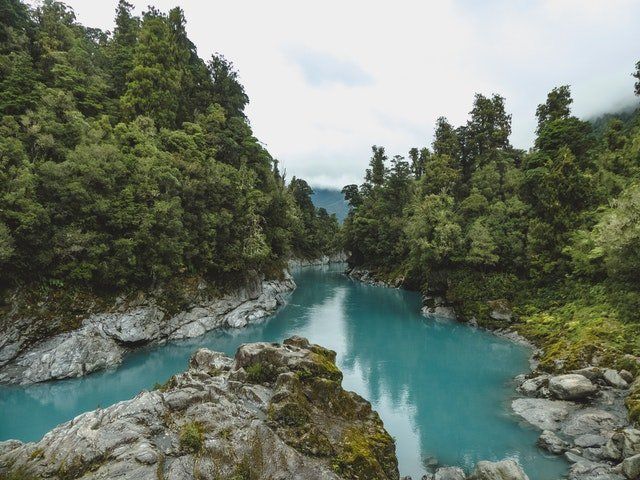
Cultural considerations are not in the Act.
MP Alfred Ngaro's amendment was rejected.
Mr Ngaro wrote an amendment that would have ensured that a person's ethnic.background, social customs and spiritual beliefs (or lack of spiritual beliefs) be
.respected.
He also moved that a person be provided with an interpreter if they can't or
prefer not to communicate in English.
This amendment was thrown out without debate. These points are NOT
part of the End of Life Act.
Read the amendment at
tiny.cc/Ngaro.
Did you know?
The vote for the End of Life Choice Act is NOT about turning off life support. That's already legal.
Did you know?
More people could be eligible for assisted suicide than we think.
The End of Life Act does not define "terminal illness". In Oregon, this means that people are considered terminal if they refuse treatment that would keep them alive.
Māori are more likely to have health issues like diabetes and heart disease that could be 'likely to end their lives within six months' if they stop taking medication.
This means that Māori could be more likely to die under the End of Life Act.
Annual reports will not include data on ethnicity, so we won't be able to know if Māori are disproportionately affected.
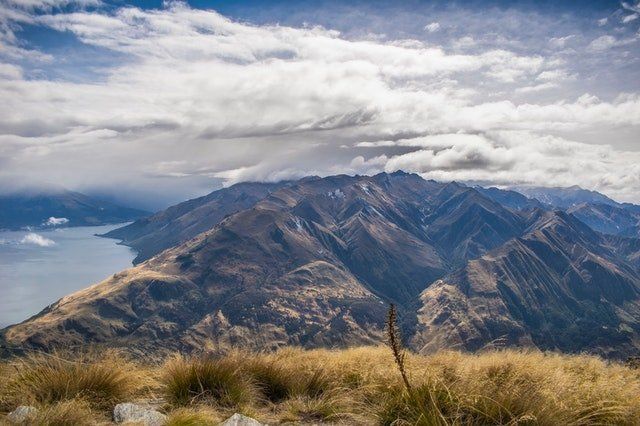
The vote for the End of Life Choice Act is about allowing lethal injections/oral doses to end someone's life.
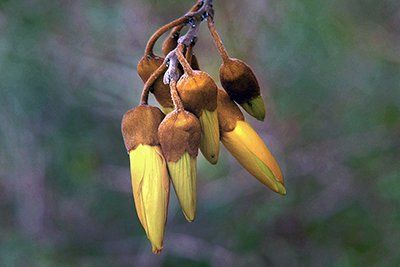
What did Māori tell Parliament while the EOLC Act was being written?
Some quotes from the summary report:
- Submitters described a Māori worldview where people are part of their whānau, hapū, and iwi, where care, respect, and reverence are shown for the elderly and terminally ill, and life and wairua (spirituality) are valued.
- Some believe that assisted dying would breach the tapu (sacredness) of the person and have spiritual consequences for those involved. Some submitters consider that the bill would breach the Treaty of Waitangi. In particular, they cited the Treaty’s underlying principle of tiaki (protection) of Māori values and, under Article 2, the concept of the taonga (treasure) of life.
- Other submitters consider that the bill would contravene holistic models of Māori health, such as Te Whare Tapa Whā, which sets out four equally balanced foundations of Māori health: physical, spiritual, family, and mental.
- Some submitters believe that assisted dying would further contribute to discrimination and prejudice that already exists in the health system. They consider that Māori and Pasifika are less likely to be able.
to pay for health care, and that they receive lower standards of care and have less access to palliative care.
Therefore, they believe these groups will be disproportionately more likely to request assisted dying than other groups.
- Submitters also believe that these groups are less likely to be treated by health. practitioners of their own culture or those who understand their world view. They regard it as important that health practitioners understand the correct procedures for tāngata māuiui (sick people), their transition to death, and the treatment of tūpāpaku (the deceased).
- … the economic and material ramifications of colonialism impact on Māori hugely at the end of life, directly influencing the ability of whānau to identify and access much needed resources and palliative care support.
- Generally, only whānau who had a family member with a tertiary qualification or employment within a health or related field were well placed to identify and access much needed statutory support, palliative care and resources.
- Knowledge of the health system, or previous use of specialist palliative.care services, increased the likelihood of some whānau accessing palliative care support and resources. When combined, these things strengthened whānau to.
provide the best care, frequently under difficult circumstances.
Parliament's Justice Select Committee report during the EOLC Bill stage.
From the NZ Law Society Magazine:
Tikanga Māori issues with the proposed End of Life Choice Act 2019
Selected quotes from Edmond Carrucan:
"Tikanga is both the original jurisprudence and oldest law of Aotearoa."
"...Everything we do should be to protect and enhance our mauri as living, breathing human beings. To end a life, to choose to destroy the mauri, against that understanding, as the Act intends to, is a violation of the mauri principle.
"Second, if we accept that the Act violates the mauri principle, what other principle might best engage with this violation (if the Act is passed). I submit that Tino Rangatiratanga might operate in favour of a person who wants to end their life. I have heard kaumatua express Tino Rangatiratanga as the ability to make decisions for yourself. I have also heard from kaumatua that it carries two limitations. First, don’t hurt yourself. Second, don’t hurt others. At first glance, if you accept what I have heard, Tino Rangatiratanga is not the complete individual autonomy which is an underlying assumption of the Act. That is a clear second issue."
"What role do whakapapa, wairua and pepeha connections have in a decision to end one’s life? Strictly speaking under the Act as written, nothing."
"Third, about people who do make this decision, how do we support whānau around such a choice? How do we address any whakamā? I, like some, will have noted that the decisions to end a life will be confidential....the Act is absent of the need for people to be kept ‘culturally safe’."
"To be clear, the consideration of tikanga Māori as a critical lens should become the norm when drafting, analysing or applying Acts. This is even more important when we are faced with any fundamental societal shift of this level, which may be at odds with tikanga Māori."
Read his full kōrero at the Law Society website.
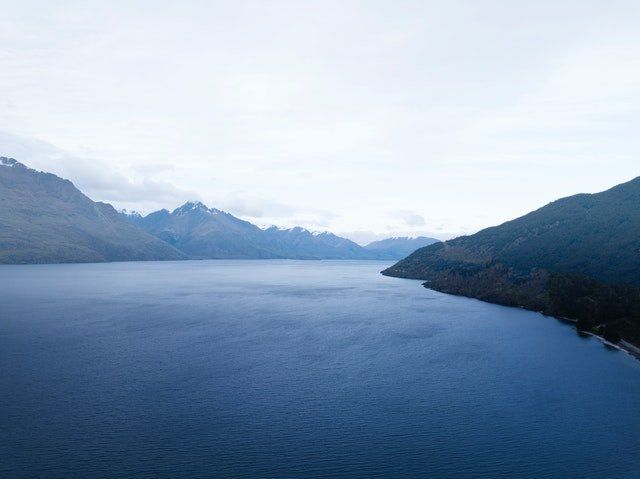
-
Harete Hipango
Button -
Dr Keri Lawson-Te Aho
Button -
Jo Hayes
Button -
Dame Tariana Turia
Button -
Kanoa Lloyd
Button -
Edmond Carrucan
Button -
John Tamihere
Button -
Claire Freeman
Button -
Rev. Chris Huriwai
Button -
Ria Earp
Button -
Dr Huhana Hickey
Button -
Dr Hirini Kaa
Button -
Rawiri Waititi
Button -
Dan Bidois
Button -
Simon Bridges
Button -
Dr Shane Reti
Button -
Māmari Stephens
Button -
Rino Tirikatene
Button -
Adrian Rurawhe
Button -
Richard Kerr-Bell
Button
Amster Reedy
ButtonDominique Tamihana
ButtonClick to go to quotes
Press Releases
Māori speak out about the End of Life Choice Act in New Zealand. Referendum 2020, Assisted Suicide, Euthanasia.
Promoted by D. Tamihana, 15 Insoll Ave, Hamilton.
